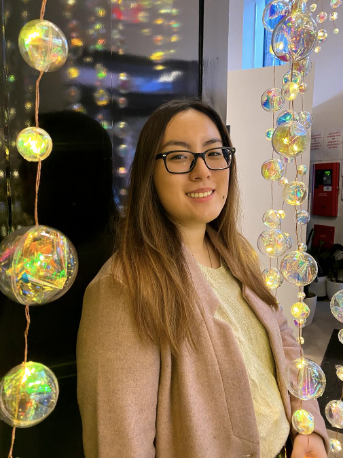What Marvel’s “Shang-Chi” Means For Asian Representation in Hollywood

Hit sensation, “Crazy Rich Asians” in 2018 directed by Jon M. Chu and written by Kevin Kwan, led to a void in Hollywood that wasn’t fulfilled for many years. That void was the lack of representation in films for all cultures including Asians. While Asian actors have been in Hollywood, they haven’t been the center of those projects but rather the side characters who fought to have their names in the credits while their co-stars were automatically highlighted. The spotlight has not always shined on those who work the hardest. Today, that spotlight has since shifted and now can shine on those who represent and can deliver the story on the big screen more authentically.
Marvel Comics has lacked representation in its films and comics for some time now. The majority of their hit movies feature predominantly white actors. The release of “Black Panther” in 2018 changed everything for Marvel Studios. The icon that the character Black Panther became for the African American community showed that Marvel was missing that authenticity in its stories. This success led to “Shang-Chi”, the first ever Asian superhero in Hollywood, being the representation for the Asian community from Marvel. To have a character you can look up to and relate to because they represent how you look is a feeling almost every Asian child and adult has missed from these superhero movies.
Despite Marvel’s step towards an inclusive future, Disney’s CEO, Bob Chapek, had another thing to say about Shang-Chi’s release. Chapek tweeted that the theater release strategy of “Shang-Chi and the Legend of the Ten Rings” was an “interesting experiment.” Simu Liu, the actor who played Shang-Chi tweeted back stating, “We are not an experiment. We are the underdog; the underestimated. We are the ceiling-breakers. We are the celebration of culture and joy that will persevere after an embattled year.” Chapek’s tweet made Marvel fans realize the lack of marketing behind both “Black Panther” and “Shang-Chi”.
Kevin Feige, Marvel Studios President stated, “[Chapek] is not a shy man. I think in that particular tweet you can see – and I think everyone does – a misunderstanding. It was not the intention.” Feige went on to state the following regarding both “Black Panther” and “Shang-Chi”: “When you have the opportunity to showcase a hero that looks like a huge segment of the globe that feels like they haven’t been showcased, the magic can happen if you deliver.”
“Shang-Chi” has done much better in the box office than Disney’s “Mulan” which was released during the pandemic. The difference between these films is that “Shang-Chi” features Asian actors in front of the camera and Asian crew behind the camera. Representation on both sides of the screen is how representation of a community should be. This not only keeps the integrity of the origin story but allows the character to fully represent the community they are a part of.
Shang-Chi’s story is more modernized and focused on his story rather than the original comics. The first Shang-Chi comic was published in 1972 and the story was based on the racism of Asians in America at the time. Villainous characters such as Fu Manchu popularized anti-Asian stereotypes in the United States. When Marvel writers were beginning the process of rewriting this story, they removed that storyline.
Since its release on September 3rd, 2021, “Shang-Chi” has already broken records in the box office making $94 million over the Labor Day weekend. There has already been an announcement at the end of the film that “Shang-Chi” will return, meaning there will be a second movie. With the future of Marvel and their projects, fans hope to see this wave of representation continue throughout Hollywood. Hollywood is full of creatives and storytellers, it’s up to them to tell a story the correct way with correct representation.

Guenevere Chin is a senior at the Fashion Institute of Technology (FIT) studying advertising and marketing communications. She is a member of FIT’s PRSSA Chapter, the Asian Student Network and Film Club. She has interned at H&S Communications Agency and Zit Sticka in New York. She would like to work in the entertainment industry in public relations and eventually become a film director to tell stories, show the world her perspective and most importantly inspire others. Connect with her on LinkedIn.
